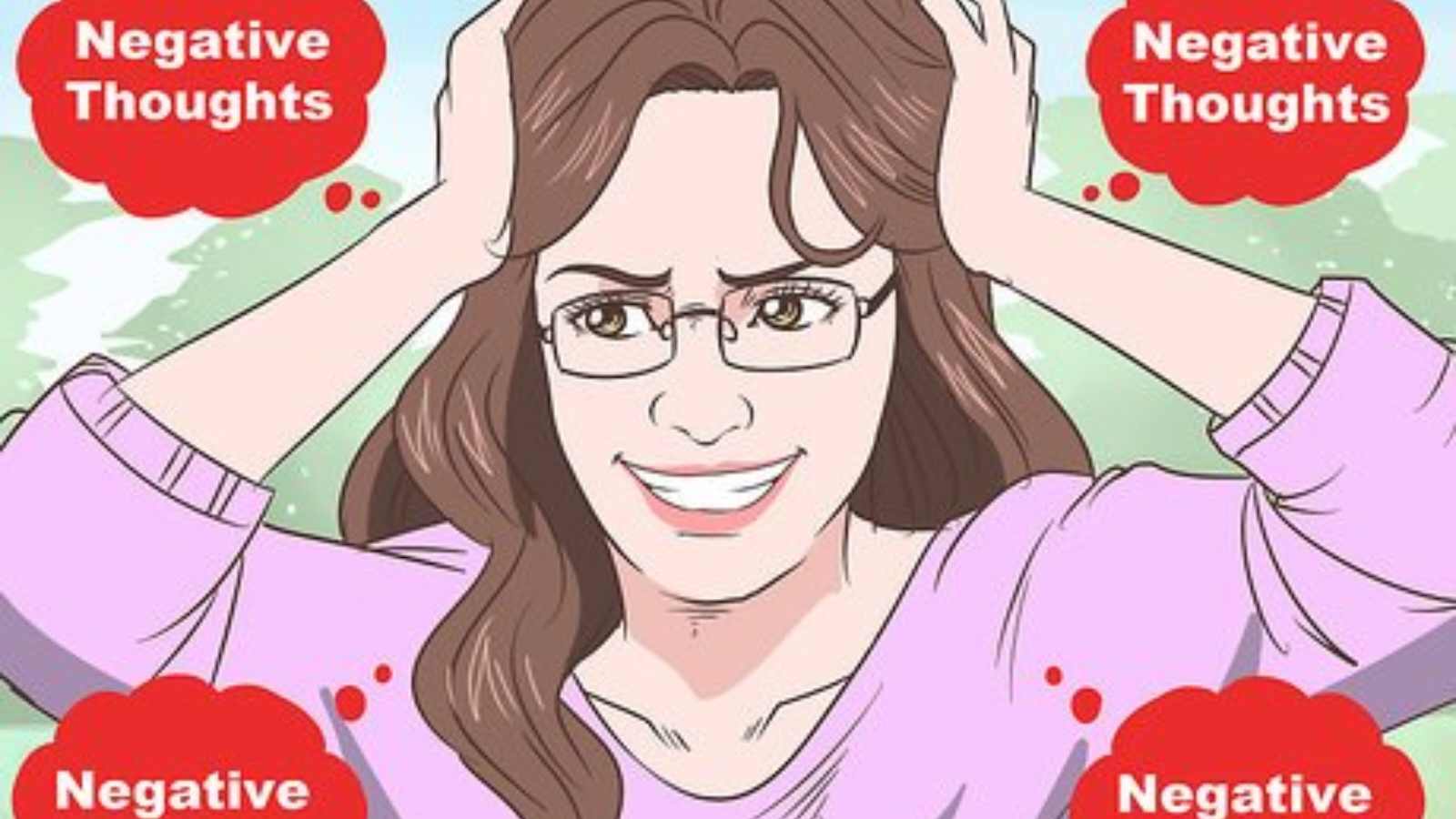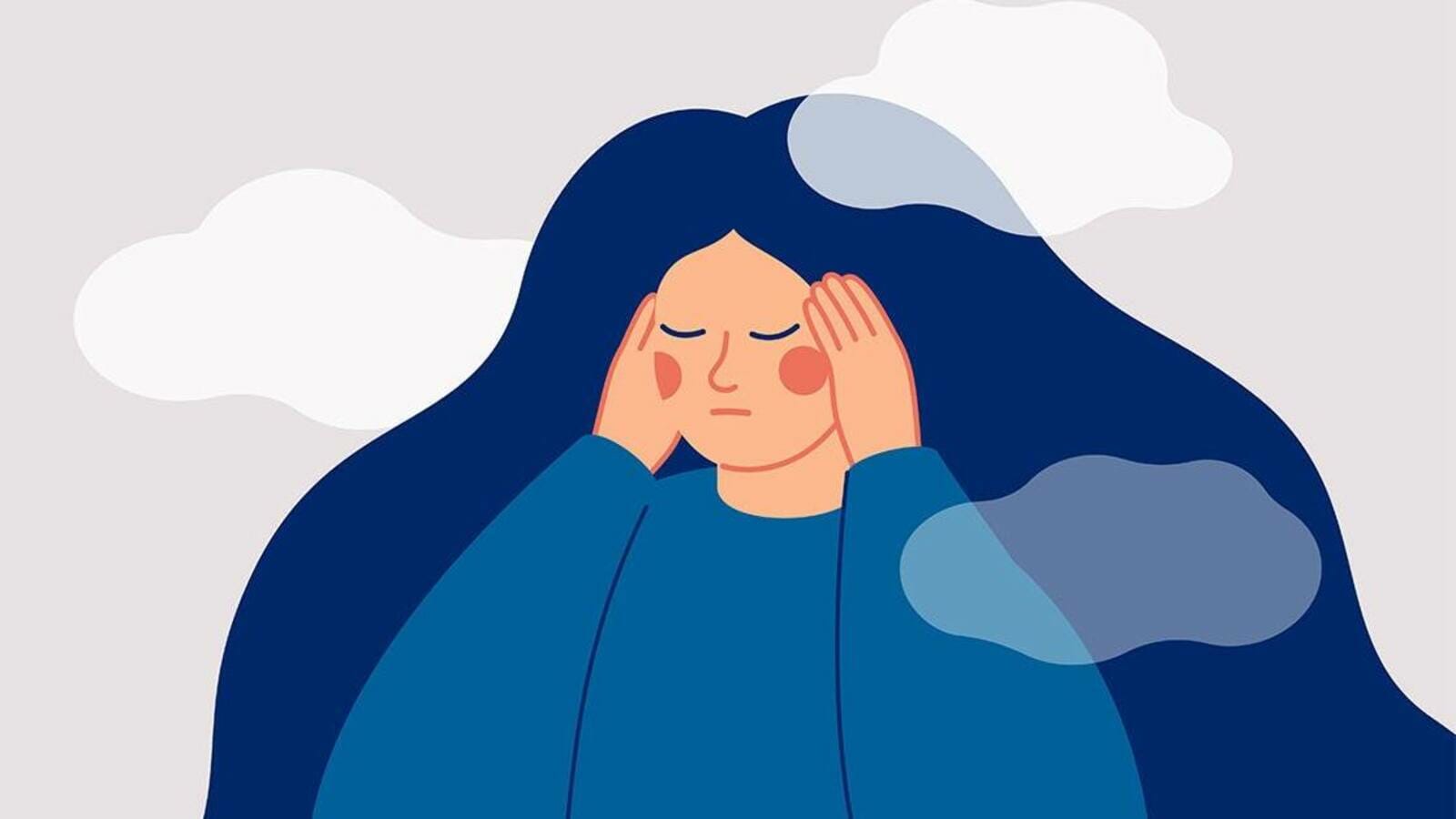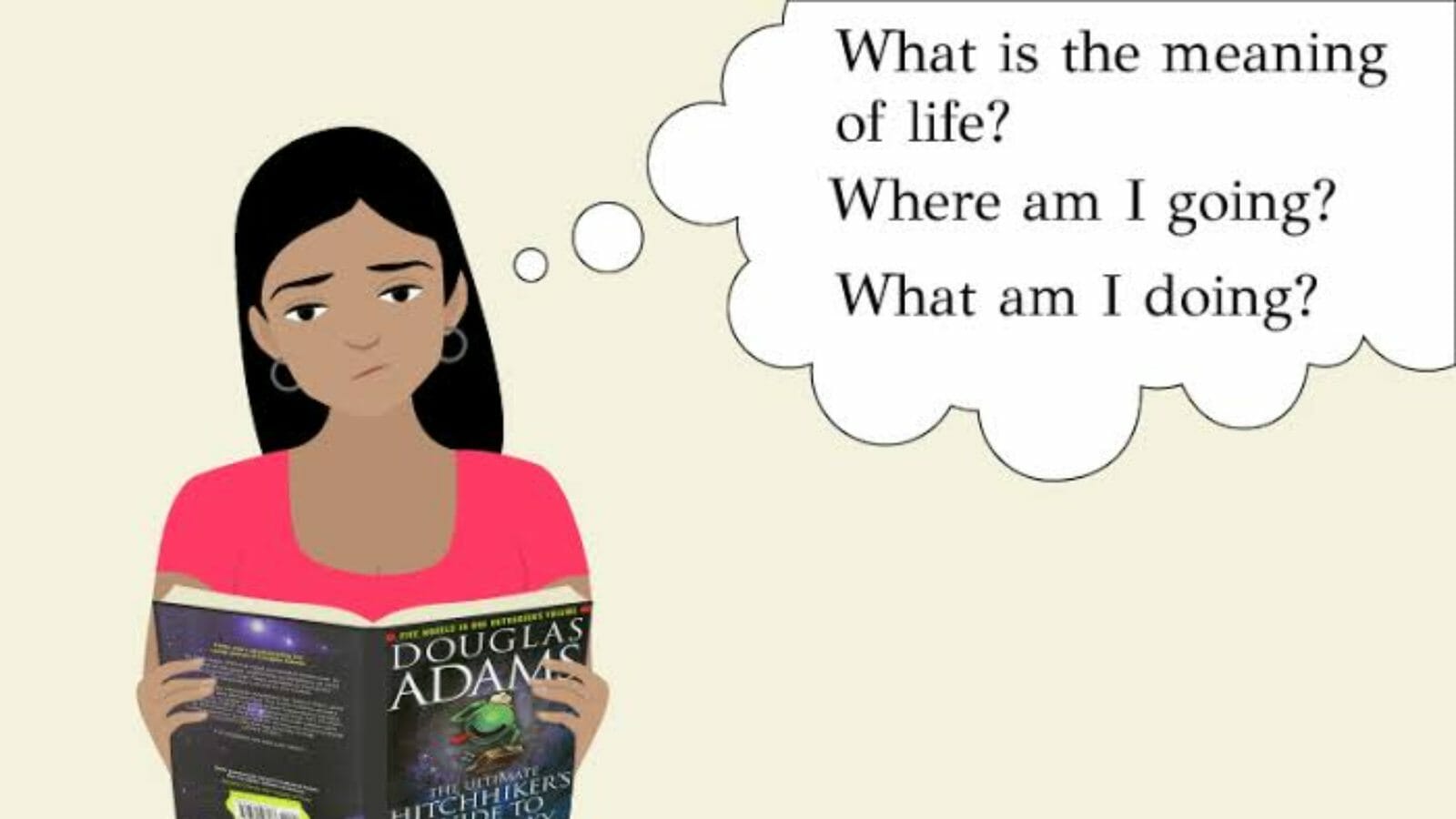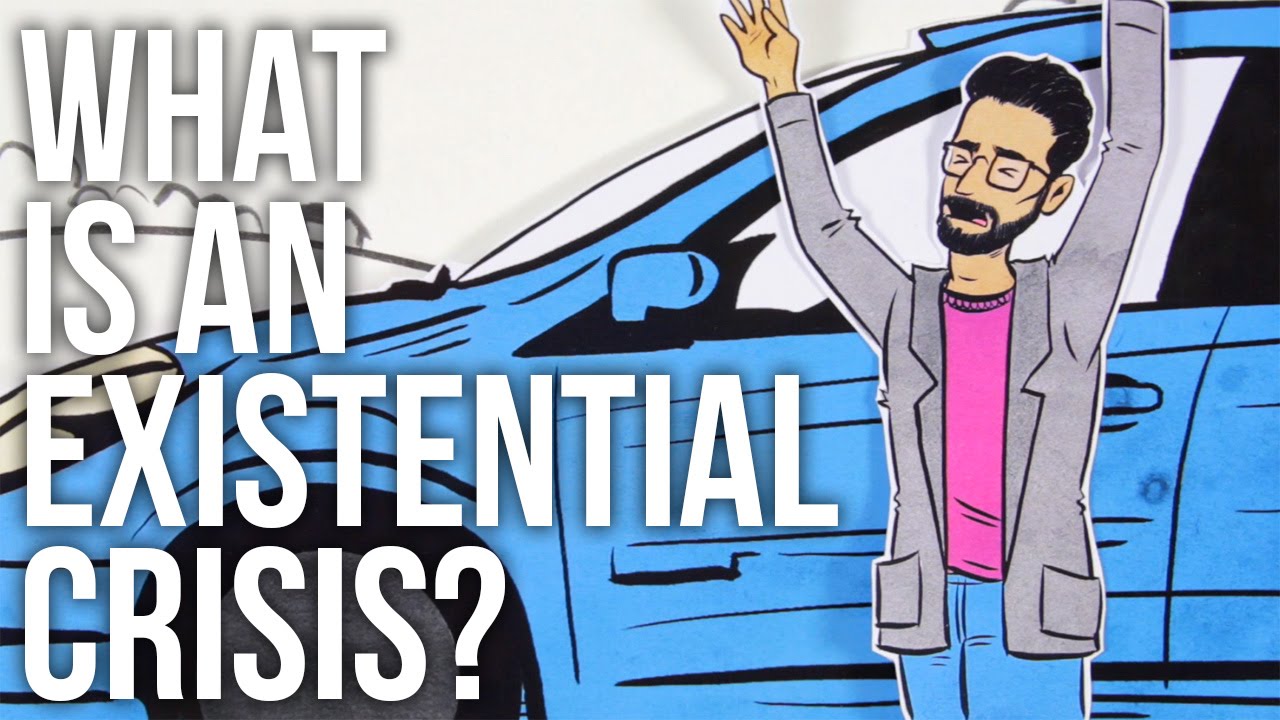In today’s cutthroat world, emotional and mental misbalance has become a common complaint among adults. Existential crisis is one of them. It is a feeling of dread or panic that arises when a person confronts the limitations of their existence.
A person suffering from an existential crisis fails to realize about meaning, choice, and freedom in life. The main concerns being some thoughts like “life is inherently pointless,” “our existence has no meaning because there are limits or boundaries on it,” and “we all must die someday.” Let’s dive in a little deep to understand the topic better.
Read More: Brad Pitt Opens Up About ‘Low-Grade Depression’ And Being In The ‘Last Leg’ Of His Career
What Are Existential Thoughts?

Existential thoughts are a natural part of the human experience. These thoughts focus on the meaning and purpose of life and mortality. this can be positive or negative in terms of how the human being will adapt. This is comforting for some people as they provide a sense of purpose or meaning in an otherwise chaotic and unpredictable world or find solace in the fact that everyone must face death someday.
All of us have gone through this feeling at some point or the other in our lives. But Some people unlike others take it in a negative way. Their pointless thoughts just keep haunting them. Some may even experience an existential crisis, a period of intense reflection and anxiety about life’s purpose.
What Is Existential Crisis?

Existential crisis, otherwise called existential anxiety is a form of anxiety that arises from thinking about existence and the self. The victim gets drowned in insecurity, dread, isolation, and loneliness. Their whole life seems just pointless and a joke to them. For example, someone leaving home for the first time due to different reasons or a man handling a difficult divorce might feel as though the foundation on which their life was built is crumbling. This can lead to questioning the meaning of their existence.
Some experts hypothesize that existential anxiety affects everyone and has three features:
1) Anxiety about fate and death
2) Anxiety of emptiness and meaningless
3) Anxiety about guilt and not living up to moral standards
How Does It Correlate With Other Types Of Anxiety Or Depression

Anxiety is a natural stress response. It is more of like a worry or fear about future events. All of us has experienced this at some point in our life. But experiencing this regular along with disproportionate anxiety levels may lead to anxiety disorder.
Anxiety refers to a worry regarding specific events like separation anxiety, social anxiety, or specific phobias of objects or situations. On the other side, existential crisis is more abstract and less specific instead it is a more general feeling of unease or dread about the entire human existence.
But the problem lies, that what if it gets severe. True that it can get severe and gradually lead to depression as well.
What Are The Symptoms?

During an existential crisis, a person may experience a variety of symptoms, including:
Anxiety
Depression
Feeling overwhelmed
Isolation from friends and loved ones
Lack of motivation and energy
Loneliness
Obsessive worry
An existential crisis often occurs after major life events, such as:
Career or job change
Death of a loved one
Diagnosis of a serious or life-threatening illness
Entering a significant age category, such as 40, 50, or 65
Experiencing a tragic or traumatic experience
Having children
Marriage or divorce
People with the following mental health conditions may also be more prone to having an existential crisis; though these disorders don’t cause an existential crisis:
Anxiety
Borderline personality disorder (BPD)
Depression
Obsessive-compulsive disorder (OCD)
Diagnosis Of Existential Crisis

As you would have understood till now that it is purely a psychological disorder, it doesn’t really have any specific test to diagnose it. Symptoms, thoughts, and feelings of the patient are the only base on which doctor diagnoses the problem. Even information about the individual’s family history and relevant mental health conditions might help.
Even different tests can also help to diagnose the associating illness so that the physician or the psychiatrist gets a clue about this disorder. Various physical exams and order various blood tests to rule out other potential conditions that could cause the symptoms might be necessary.
What Is The Treatment?
Existential anxiety has no specific treatment. Examining and exploring feelings is the only way out. It is necessary to accept that they are a normal part of life. A therapist can help individuals work through their emotions and existential anxiety.
A source said, “Working with a therapist helps people learn more about themselves and understand the full range of their thoughts and feelings. This can help lessen the grip of anxiety and improve a person’s well-being.”
“People may find existential therapy trusted sources particularly useful. This form of therapy is about helping people identify and embrace their freedom and the challenges of the human condition.”
Logotherapy is an option as well. This therapeutic approach helps people find meaning in life. It empathizes the ability of a person to endure hardship as they search for purpose.
Psychiatrist and psychotherapist Viktor Frankl developed the therapy after surviving Nazi concentration camps. He believed that “the main motivation for humans is the desire to find meaning in life.”
People can find a therapist by asking their primary care professional for recommendations.
Read More: What Is Aphasia, The Condition That Compelled Bruce Willis To Retire?






